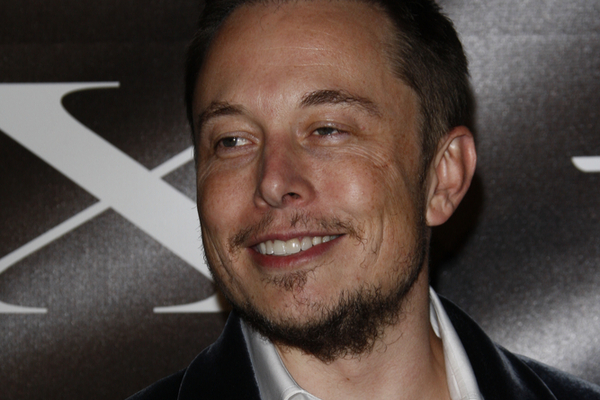It’s official. Elon Musk bought social media giant Twitter, to the tune of $44 Billion. So, is it as big a deal as people are saying, and what does it mean to us, the regular Joe’s of the world?
Musk’s bid to take Twitter private has inspired unsolicited input from US lawmakers, rampant speculation about its impact on the 2024 US presidential election, and even breathless, hyperbolic comparisons to the last days of Weimar Germany. So why, exactly, do the stakes feel so big? The answer boils down to the outsized influence of Twitter on public discourse, and the uncertainty of what happens when the world’s richest man — who revels in his unpredictability — gains singular control over that influence.
As CNN Business points out, although Twitter reported just 217 million active daily users last year, a far cry from the billions reported by rival Meta, its users include highly influential politicians, business leaders, entertainers, activists and intellectuals — public figures with large followings who in turn shape the public discourse surrounding politics, media, finance and technology. More than two-thirds of Twitter’s US users say the platform is an important — if not the most important — source of news, according to the Pew Research Center. And Twitter’s agenda-setting power seems to be precisely what interests Musk, and what makes his control of the platform so potentially disruptive.
Musk’s deal to buy Twitter sits at the confluence of multiple ongoing societal debates, including about the power and influence of billionaires; the impact of mis- and disinformation; and the responsibilities tech platforms owe to their users and society, and what new regulations should back them up. In becoming Twitter’s owner, Musk has suddenly collapsed many of these threads into one, right as lawmakers around the world seem poised to make some very big decisions about how social media ought to work.
“His purchase of Twitter to take it private makes an essential service even less transparent and more unaccountable,” said Adam Connor, a former Facebook employee and vice president for technology policy at the Center for American Progress. “Musk’s Twitter takeover is a flashing red light on why the centralization of our online spaces in the hands of a select few billionaires is so dangerous.”
According to CNN, Musk’s main critique about Twitter today is that it is too restrictive. Under his ownership, Musk has suggested, Twitter would treat content more permissively, pivoting away from content removals and account bans. He has also proposed opening up Twitter’s algorithm to public review so that, in theory, users could understand how it makes decisions. What this means for Twitter’s everyday content enforcement isn’t entirely clear; Musk has avoided going into specifics, and his objection to Twitter’s approach seems rooted more in how much content moderation Twitter needs, rather than whether it ought to have any at all. But his framing of the deal, and some of the reaction by outsiders, has nevertheless turned the proposal into a kind of referendum on the future of online speech.
“This potential deal is about much more than the future of Twitter,” said Angelo Carusone, president of Media Matters, a watchdog group that called on Twitter to keep its current platform rules. “A sale to Elon Musk without any conditions will pollute the entire information ecosystem by opening the floodgate of hate and lies.” All of this comes at the exact moment when everyone from former President Barack Obama to European Union lawmakers have proposed holding social media platforms to a tougher standard on content moderation, not the more laissez-faire approach preferred by Musk.
For a platform of Twitter’s importance, downshifting on content moderation could have massive consequences both for the way individual users experience the site — especially its most vulnerable users, including women, the LGBTQ community and people of color — and for the national and international dialogues that play out on the platform and ultimately influence world events.
And what would happen if/when Musk’s interests collide with others, which tends to happen not infrequently. Musk has feuded with journalists, lawmakers, and even the Securities and Exchange Commission. Would Musk go so far as to use his ownership of Twitter as a tool for favors and score-settling? On Monday, Musk offered a hint to the contrary when he said he hopes “even my worst critics remain on Twitter, because that is what free speech means.” Of course, none of that constitutes a promise to his critics — and Musk has been known to abruptly change course before.
—
Photo Credit: Phil Stafford / Shutterstock.com
Photo Credit: Phil Stafford / Shutterstock.com
